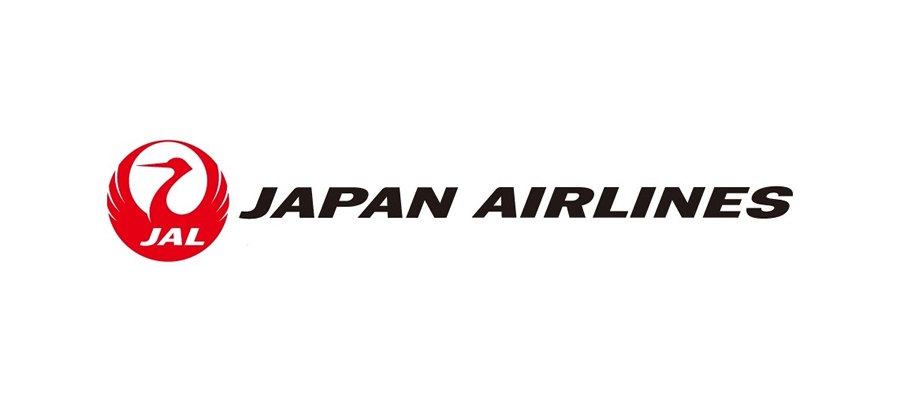Japan Airlines (JAL) has released the updated version of the company’s Medium Term Management Plan – Rolling Plan 2019 – that will focus on rebuilding the company’s reputation following the pilot alcohol incidents and will also expand its network.
Rolling Plan 2019 will focus on concrete actions in response to the Business Improvement Order issued by the MLIT in December 2018. The order was issued in relation to a series of alcohol-related incidents that JAL states it is determined to act on swiftly to rebuild the foundation for a safe and secure operational structure. “To meet the expectations of our valued customers, JAL will work ever harder to enhance service levels and make contributions to society in an effort to restore public trust and increase the company’s corporate value.”
In addition to taking measures to prevent the recurrence of similar acts stated in the Business Improvement Order, the company will inspect the JAL Group thoroughly from a safety perspective and rebuild the foundation of the company; including the improvement of the corporate culture and human resources development.
The company will prepare for functional improvements at Haneda and Narita airports scheduled in FY2020, contribute toward the country’s target to welcome 40 million inbound visitors by 2020, and support the Olympic and Paralympic Games Tokyo in 2020. Furthermore, JAL will continue to take initiatives to create new values, develop human resources and solve social issues.
A key initiative focuses on expanding its global network by expanding partnerships with global airlines to serve 500 cities by FY2020 and creating a new mid to long-haul low-cost carrier, while refining its full service carrier business. JAL will apply in March for a license for a budget carrier to begin service next year. The new airline is expected to fly medium- and long-haul flights between the Tokyo area’s Narita Airport and cities in greater Asia, Europe and the US. JAL has set aside 23 billion yen ($206 million) in initial investment for aircraft and other outlays for the low-cost carrier.
As part of the medium-term document, JAL states that net profit would decline 17% on the year to 114 billion yen as tax breaks following its bailout roughly a decade ago expire. Revenue would rise 5% to 1.56 trillion yen with capacity expansion, mainly for international flights. Operating profit would fall 3% to 170 billion yen as the airline steps up investment ahead of the rise in departure and arrival slots for international service at Tokyo’s Haneda Airport in 2020. An accounting change for depreciation charges for aircraft parts will add 10 billion yen in costs.

